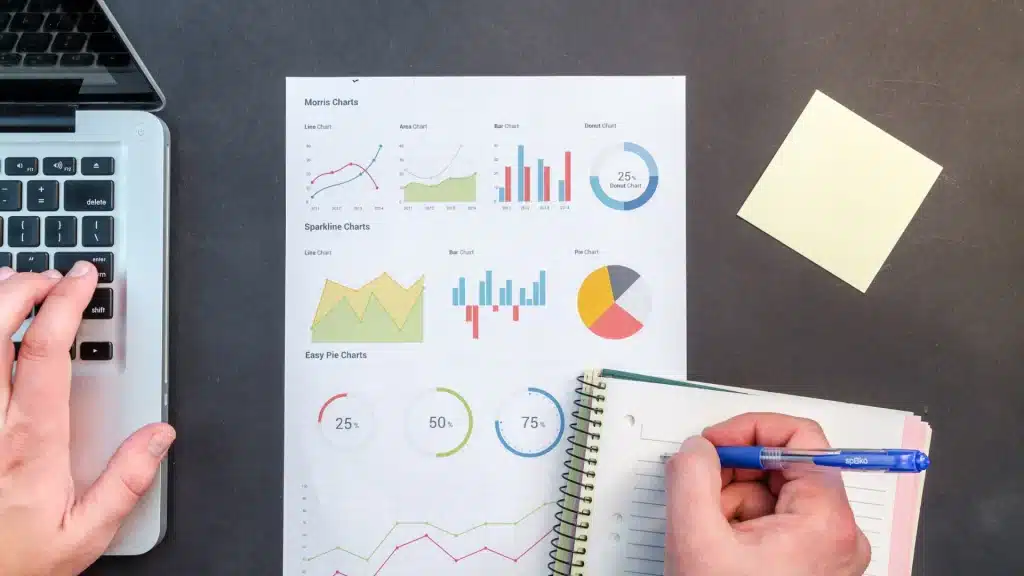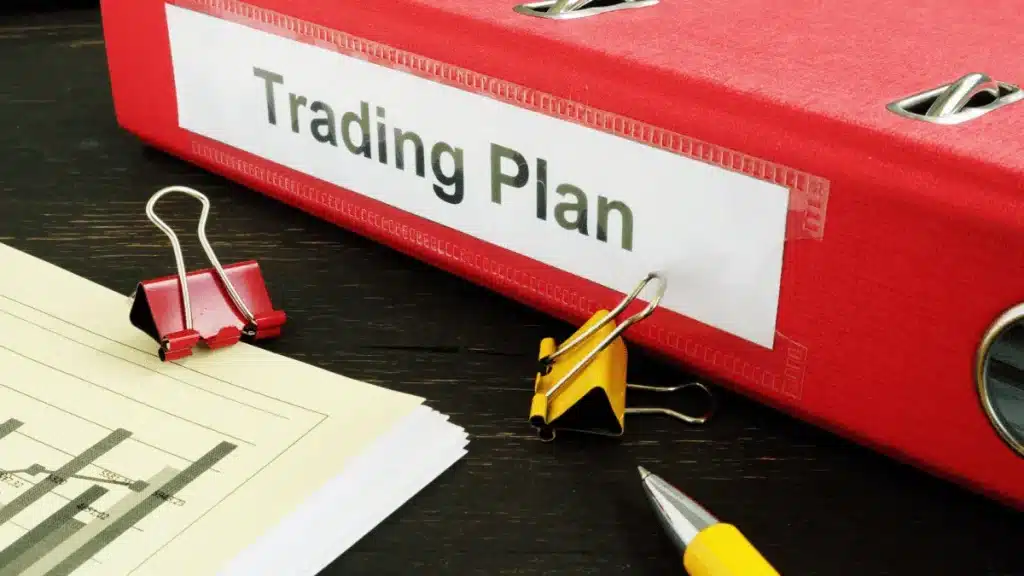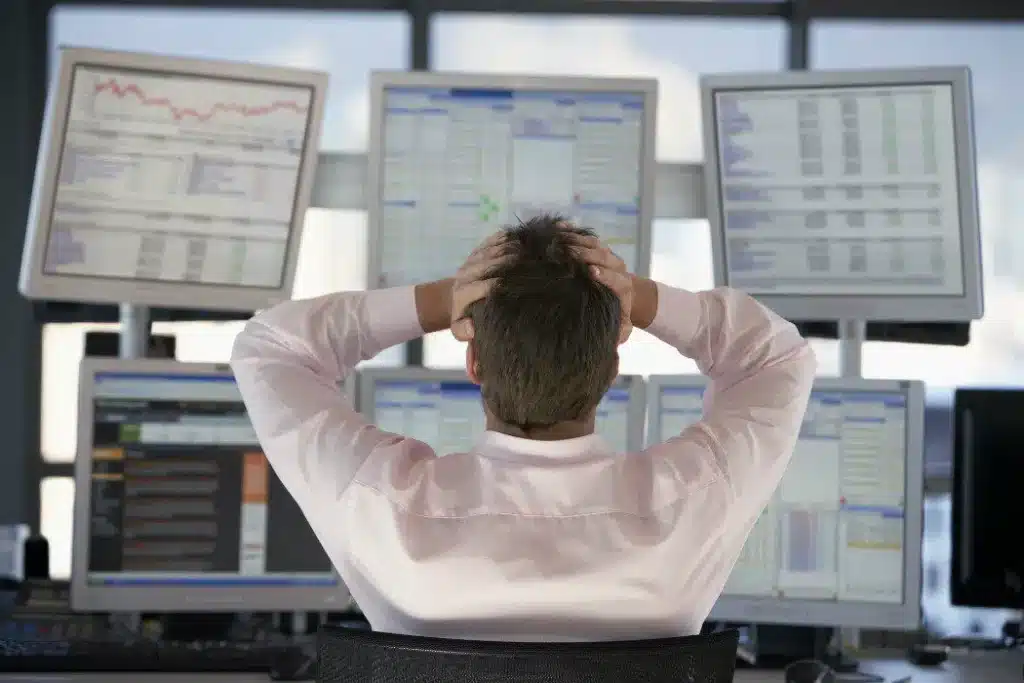Mistake n°1: Believing that you’re a trading genius
Earning money is good, but it’s even more important to remain firmly grounded and step back to assess your investments. Indeed, many traders multiply their capital during strong bullish market trends, but forget to keep a cool head and start to see themselves as the best traders in the world.
Don’t worry, this reaction is to be expected when you get into trading. It is therefore crucial to constantly sit back and try to understand each move (bullish or bearish) in order to draw objective conclusions from it. Otherwise, your emotions could take the best of you during market reversals and lead you to lose money.
Even though several analyses of yours could turn out to be profitable, it is important not to rest on your laurels by acting in the same way over and over.

Mistake n°2: Blindly following one or several traders
Whether we are talking about trading or any other sector, being able to make decisions with autonomy is paramount. Therefore, honing your skills is one of the main objectives you should have in mind in order to become a better trader. If you keep simply following your favorite traders, in addition to not learning much, you will end up losing money.
You should also keep in mind that many traders on the market think that they are geniuses (mistake n°1) after making big profits, and don’t hesitate to give advice that they consider “reliable”.
In the end, the best way to improve is to benefit from traders who reason in an objective manner, while making your own analyses on your side.
Mistake n°3: Forgetting that technical analysis is a game of probabilities
Technical analysis is in no way an exact science, but rather a way to anticipate as well as possible future movements on a market, based on its past price evolution. Even if you are convinced of the relevance of one of your analyses, don’t bet everything you have on it and keep in mind that the market could completely go against it.
The market is its own master and no one can perfectly predict its evolution, no matter how many technical indicators point to a direction or another. This mindset will prove useful in the long run and save you a lot of money.

Mistake n°4: Making decisions based on a single indicator
Markets are complex sectors that evolve according to a considerable number of factors. Therefore, one thing is for certain: no single indicator is capable of taking all these factors into account.
To increase your chances of making a profit from your investments, you should base your analyses on a number of indicators, either fundamental or technical, before opening a position.
Mistake n°5: Not having a solid trading plan
Many traders get into a market without a trading plan and, therefore, act on their emotions during important movements. Going in a market without a trading plan is akin to entering the Amazon forest without a map.
It is very important to create a solid trading plan with precise rules and goals for each investment. This technical and psychological asset will give you an edge during market fluctuations.
Rule 5.1: ALWAYS follow your trading plan! Once your investment is made, your only goal will be to perfectly stick to the trading plan, even if the market goes against it. This is why we recommend initially going for low-risk investments and fixing realistic objectives.

Mistake n°6: Poor “risk management” and no trading journal
To become a worthy trader, it is essential to submit your trading activity to a set of rules that will allow you to manage the risk efficiently, in order for your losses to avoid becoming uncontrollable. In other words, you have to make it so that any investment is based on a solid risk / reward ratio.
It is only through good “risk management” that you will be able to keep control of your capital in all situations.
It may also be interesting to open a trading journal (public or private), in which you will take daily notes on your trading results and impressions / indicators, in order to have a bird’s eye view of your overall activity.

Mistake n°7: Overtrading
The term “overtrading” refers to the behavior shown by people who cannot stop trading after having started a session. Gains can become addictive and push traders to open more and more positions in the hope of making an even greater profit.
Jesse Livermore, a trading expert, was quoted saying that “money is made by sitting, not trading”.
It is not by spending more time trading behind your screen that you will make more money. It is much more profitable to wait for reliable entry points to arise than to make a trade solely for the purpose of short-term gains. Patience is key in the trading world.

Mistake n°8: Revenge trading
Revenge trading is one of the leading causes of money losses on markets. The wish to immediately recover losses drives traders towards even more important deficits. During these times, the mind is overwhelmed by stress, anger, and greed, and these emotions prevent rational investments.
Never invest for the sole purpose of recovering your losses! This is probably the most important rule to follow as a trader or investor.

Mistake n°9: Not limiting trading losses
Whatever cryptocurrencies you trade (Bitcoin, Ethereum…), you must define an invalidation level for each of your positions. Otherwise, you might regret to have not gone out in time. Indeed, even after bearish trends of –30%, -50%, or even –80%, there is still a chance for the market to keep going lower. The protection of your trading capital has to be your number one priority.
If you leave the market after losing a small percentage of your initial investment, you will have the chance to reinvest it after waiting for optimal entry points. In trading, your main goal is not to make money, but to lose as little as possible.
It may also be clever to put a “Stop-Loss” in place in order to optimize your market exit, and by doing so, limit your losses.
Mistake n°10: Trading against the market trend
Markets are subject to two types of cycles: bullish trends (bull runs) and bearish ones (bear markets).
It is usually recommended to wait for a bullish trend to dissipate before leaving a market. Conversely, when a market suffers important corrections over a long period of time, it is favorable to wait for the arrival of new bullish structures before placing a position.
In short, it will generally be preferable to make investments according to the long-term trend of a market.

